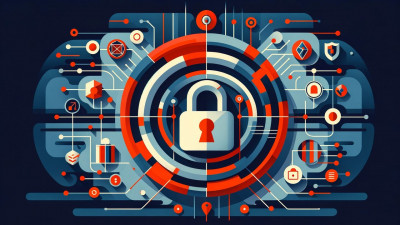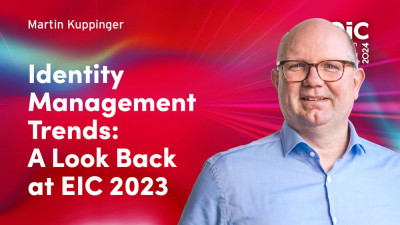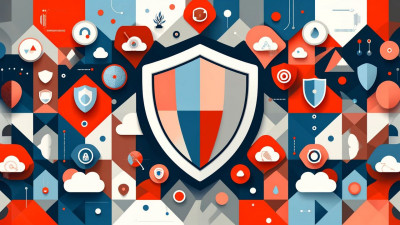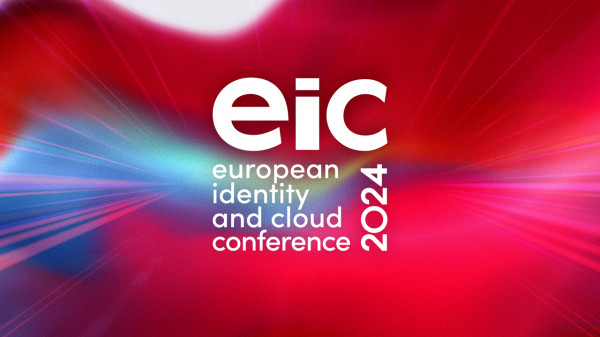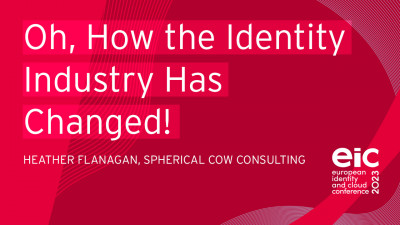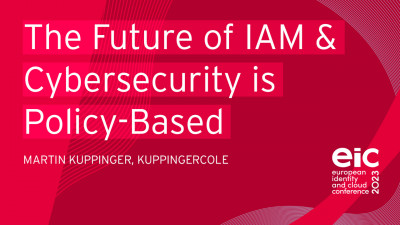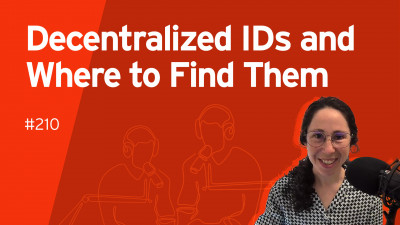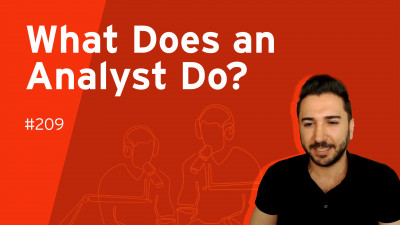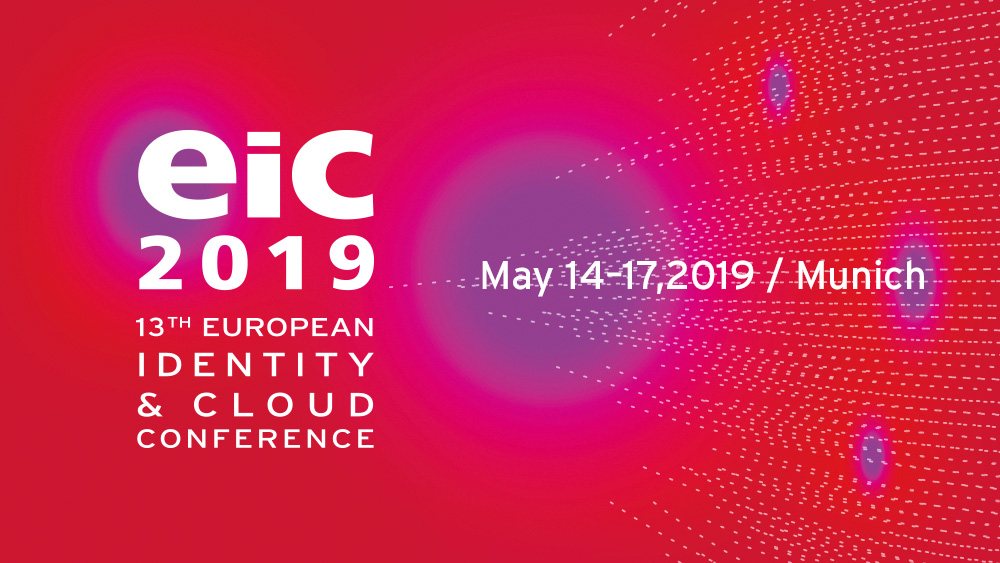Getting competitive advantage from data is not a new idea however, the volume of data now available and the way in which it is being collected and analysed has led to increasing concerns. As a result, there are a growing number of regulations over its collection, processing and use. Organization need to take care to ensure compliance with these regulations as well as to secure the data they use. This is increasing the costs and organizations need a more sustainable approach.
In the past organizations could be confident that their data was held internally and was under their own control. Today this is no longer true, as well as internally generated data being held in cloud services, the Internet of Things and Social Media provide rich external sources of valuable data. These innovations have increased the opportunities for organizations to use this data to create new products, get closer to their customers and to improve efficiency. However, this data needs to be controlled to ensure security and to comply with regulatory obligations.
The recent EU GDPR (General Data Protection Regulation) provides a good example of the challenges organizations face. Under GDPR the definition of data processing is very broad, it covers any operation that is performed on personal data or on sets of personal data. It includes everything from the initial collection of personal data through to its final deletion. Processing covers every operation on personal data including storage, alteration, retrieval, use, transmission, dissemination or otherwise making available. The sanctions for non-compliance are very severe and critically, the burden of proof to demonstrate compliance with these principles lies with the Data Controller.
There are several important challenges that need to be addressed – these include:
- Governance – externally sources and unstructured data may be poorly governed, with no clear objectives for its use;
- Ownership – external and unstructured data may have no clear owner to classify its sensitivity and control its lifecycle;
- Sharing - Individuals can easily share unstructured data using email, SharePoint and cloud services;
- Development use - developers can use and share regulated data for development and test purposes in ways that may breach the regulatory obligations;
- Data Analytics - the permissions to use externally acquired data may be unclear and data scientists may use legitimately acquired data in ways that may breach obligations.
To meet these challenges in a sustainable way, organizations need to adopt Good Information Stewardship. This is a subject that KuppingerCole have written about in the past. Good Information Stewardship takes an information centric, rather than technology centric, approach to security and Information centric security starts with good data governance.
Figure: Sustainable Data Management
Access controls are fundamental to ensuring that data is only accessed and used in ways that are authorized. However, additional kinds of controls are needed to protect against illegitimate access, cyber adversaries now routinely target access credentials. Further controls are also needed to ensure the privacy of personal data when it is processed, shared or held in cloud services. Encryption, tokenization, anonymization and pseudonymization technologies provide such “data centric” controls.
Encryption protects data against unauthorized access but is only as strong as the control over the encryption keys. Rights Management using public / private key encryption is an important control that allows controlled sharing of unstructured data. DLP (Data Leak Prevention) technology and CASBs (Cloud Access Security Brokers) are also useful to help to control the movement of regulated data outside of the organization.
Pseudonymisation is especially important because it is accepted by GDPR as an approach to data protection by design and default. GDPR accepts that properly pseudonymized personal data is outside the scope of its obligations. Pseudonymization also allows operational data to be processed while it is still protected. This is very useful since pseudonymized personal data can therefore be used for development and test purposes, as well as for data analytics. Indeed, according to the UK Information Commissioner’s Office “To protect privacy it is better to use or disclose anonymized data than personal data”.
In summary, organizations need to take a sustainable approach to managing the potential risks both to the organization and to those outside (for example to the data subjects) from their use of data. Good information stewardship based on a data centric approach, where security controls follow the data, is best. This provides a sustainable approach that is independent of the infrastructure, tools and technologies used to store, analyse and process data.
For more details see: Advisory Note: Big Data Security, Governance, Stewardship - 72565
















